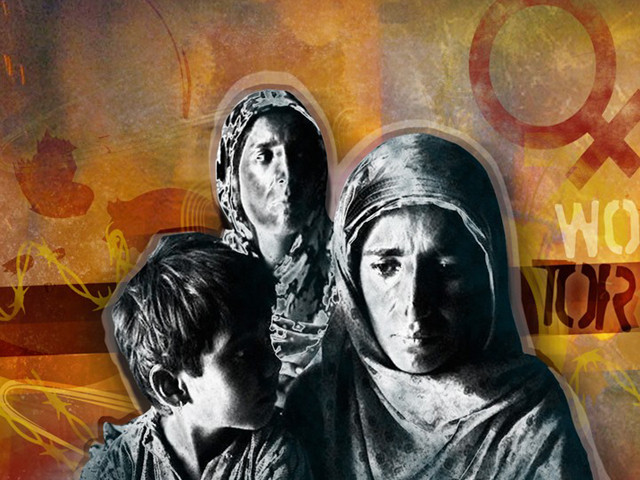Women journalists feel abandoned
Who should one complain to after falling prey to sexual harassment within the workplace?

Women journalists feel abandoned
This question was raised by a large number of women journalists who had gathered to attend a workshop here at a local hotel. The workshop was titled “Women Journalists and gender based issues in Pakistan.”
The purpose of the workshop was to give a mainstream voice to gender issues in the country and was organised by Strengthening Democracy through Parliamentary Development (SDPD), a joint project of United Nation Development Program (UNDP), Parliament of Pakistan and Inter Parliamentary Union (IPU).
Many of the participants at the workshop said that women journalists in various media outlets, especially those located in small towns in Balochistan and Khyber-Pakhtunkhwa (K-P), face harassment from their senior colleagues. But belonging to a traditional background, most of them do not register a complaint.
Requesting to not be named, a few of the participants shared examples of some reported incidents and added that no inquiry was made against the accused. Ultimately, the women had to suffer humiliation and resign from their positions.
Such an attitude only gives rise to sense of insecurity among women in the workplace, the participants said.
They urged the government and senior journalists to take immediate notice of such incidents and punish the culprit after an investigation.
“How can we seek justice for others as journalists when we ourselves cannot get it despite being a part of the media?” one participant questioned, requesting to not be named.
Women journalists from K-P and Balochistan said some of them were even on the hit list of terrorists and receive threats from them. However, no protection is being given to them either by the government or their organisation.
One journalist said she had to resign and go underground after being threatened by an influential political party upon doing a story on it.
“When we show our desire to cover bold issues, our seniors tell us they can’t let us do it because we’re women. But when we complain about harassment, they criticise for being a weaker sex and unable to tackle such ‘small’ issues,” another participant said.
They also complained about not being given higher positions in their media outlets, and preference is given to their male colleagues.
A section of them also criticised the media for portraying a negative image of women through entertainment programmes and advertisements.
The participants also expressed dissatisfaction over the absence of basic facilities for female staff in offices, like separate rooms, rest rooms and transportation.
At the end of the session, it was concluded that to empower women journalists, a strong network should be established, while every female should also work for their empowerment on an individual level.
Published in The Express Tribune, November 3rd, 2010.




1724319076-0/Untitled-design-(5)1724319076-0-208x130.webp)














COMMENTS
Comments are moderated and generally will be posted if they are on-topic and not abusive.
For more information, please see our Comments FAQ